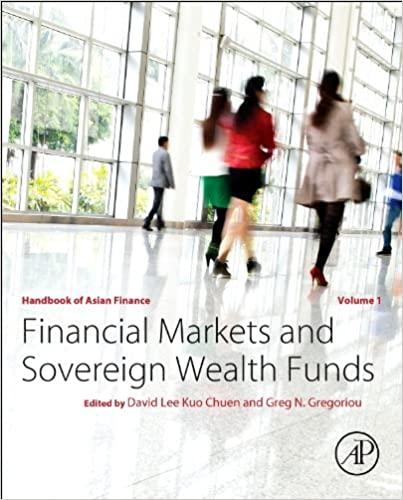Question
Assume that both HotWheels and Matchbox have the same unit costs = c (c > 0). First, assume that neither offers a rebate. What price(s)
- Assume that both HotWheels and Matchbox have the same unit costs = c (c > 0). First, assume that neither offers a rebate. What price(s) will HotWheels and Matchbox rationally charge? Why?
2. Now assume that Matchbox, but not HotWheels, offers a rebate (r = $1) issuing coupons only to Matchbox fans [half the market] for $1 off the price of a Matchbox car. Suppose HotWheels is the price leader [it sets its price first and Matchbox then sets its price and then consumers buy one or the other car]. What is the highest price HotWheels can charge without being undercut by Matchbox? What price will Matchbox then charge? What are the expected profits for each firm now? [
HINT: do this in steps moving from one firm to the next, weighing the alternative scenarios of pricing for only its segment versus for the whole market]
3. Finally, assume that both Matchbox and HotWheels offer a rebate (r = $1) with each issuing one coupon to each of its own fans only [half the market] for $1 off the price of its car only. Suppose HotWheels again is the price leader [it sets its price first and Matchbox then sets its price and then consumers buy one or the other car]. What is the highest price HotWheels can charge without being undercut by Matchbox? HINT : again, do this in steps until it seems like each firm is happy with its pricing] What price will Matchbox then charge? What are the expected profits for each firm now?
4. Why do you think in this simplified game that rebates help sellers [HINT: how does it reduce pricing pressures?]
Step by Step Solution
There are 3 Steps involved in it
Step: 1

Get Instant Access to Expert-Tailored Solutions
See step-by-step solutions with expert insights and AI powered tools for academic success
Step: 2

Step: 3

Ace Your Homework with AI
Get the answers you need in no time with our AI-driven, step-by-step assistance
Get Started


